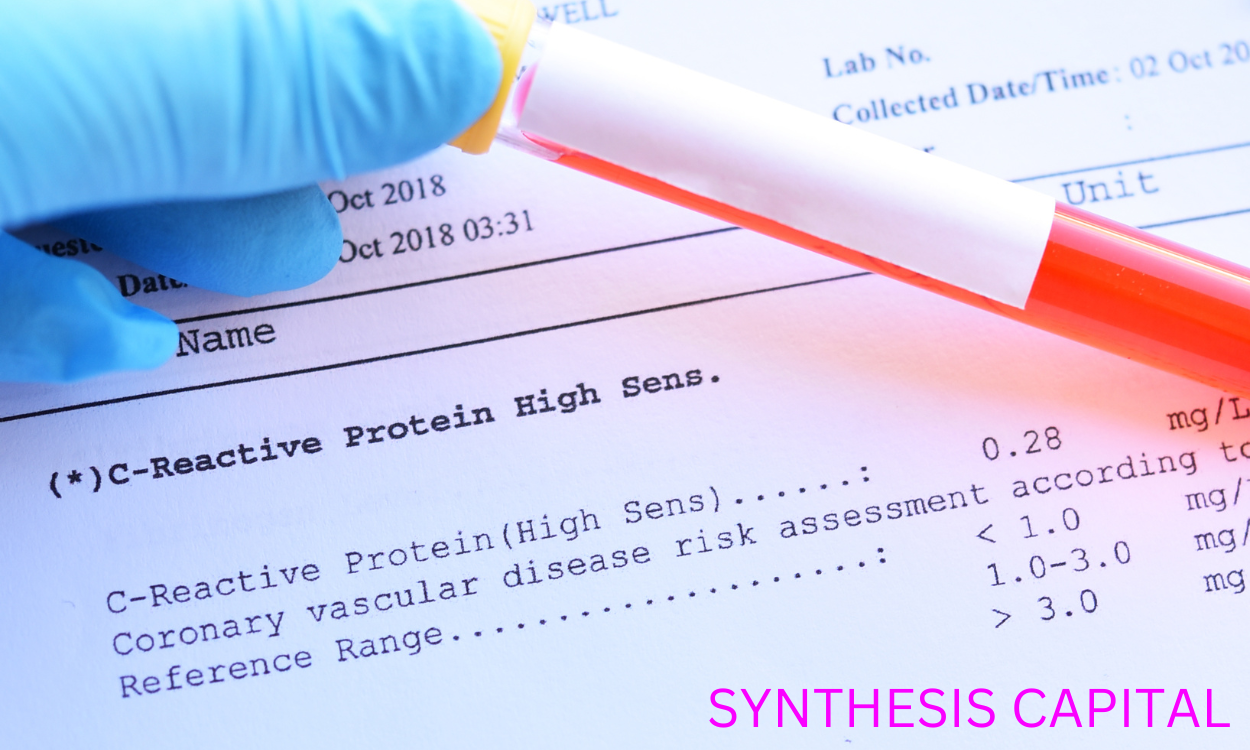Aptamer-based proteomics is a rapidly advancing field within the realm of molecular biology and biochemistry that focuses on using short, single-stranded DNA or RNA molecules known as aptamers to specifically target and analyze proteins. These aptamers are selected through a process called systematic evolution of ligands by exponential enrichment (SELEX), allowing for the development of highly specific and sensitive probes for detecting and quantifying proteins in complex biological samples. By utilizing aptamers in proteomic studies, researchers are able to gain valuable insights into protein function, interactions, and biomarker discovery with a high degree of precision and accuracy. This innovative approach holds great promise for revolutionizing the way we study and understand the proteome.
Investigating the Effectiveness of Aptamers in Identifying and Binding to Specific Proteins in a Complex Mixture
Aptamers have proven to be highly effective in identifying and binding to specific proteins in complex mixtures due to their unique three-dimensional structures that allow them to specifically target and bind to their protein targets with high affinity and selectivity. By undergoing a process known as SELEX (Systematic Evolution of Ligands by EXponential enrichment), aptamers can be systematically evolved to recognize and bind to a wide range of proteins, making them valuable tools for various applications such as diagnostics, therapeutics, and biomedical research. Their versatility, stability, and ease of customization make aptamers a promising alternative to traditional antibody-based approaches for protein detection and analysis in complex biological samples.

What are the limitations of using aptamers for proteomics compared to traditional antibody-based methods?
Aptamers, although versatile and customizable for binding to specific targets, have limitations in proteomics compared to traditional antibody-based methods. Aptamers may have lower affinity and specificity for protein targets compared to antibodies, resulting in potential false positives or negatives in detection assays. Additionally, aptamers require specialized selection processes that can be time-consuming and costly, whereas antibodies are readily available commercially. Furthermore, aptamers may not always be as stable or robust as antibodies, leading to potential issues with reproducibility and consistency in proteomic studies. Overall, while aptamers offer unique advantages in terms of flexibility and target selection, their limitations in affinity, specificity, availability, and stability make them less favorable than traditional antibody-based methods in certain proteomic applications.
Can aptamer-based proteomics be used for quantitative analysis of protein levels in a sample?
Aptamer-based proteomics offers a promising approach for quantitative analysis of protein levels in a sample due to its high specificity and sensitivity. Aptamers are single-stranded DNA or RNA molecules that can bind to specific target proteins with high affinity, allowing for precise detection and quantification of protein levels. By using aptamers as molecular recognition elements in various proteomic techniques such as aptamer-based arrays or assays, researchers can accurately measure the abundance of different proteins in a sample. Additionally, aptamers can be easily modified to optimize their binding properties and enable multiplexed analysis of multiple proteins simultaneously, making them a valuable tool for quantitative proteomics research.
Exploring the Stability of Aptamers Across Varying Experimental Conditions
Aptamers, which are short single-stranded nucleic acids that bind to specific target molecules with high affinity and specificity, have shown remarkable stability under various experimental conditions. Studies have demonstrated that aptamers can maintain their binding abilities even when exposed to a wide range of temperatures, from room temperature to extreme heat or cold. Additionally, aptamers have been found to be stable at different pH levels, with some studies showing that they can retain their functionality in acidic or basic environments. Overall, aptamers exhibit robust stability under diverse experimental conditions, making them promising tools for various biomedical and biotechnological applications.
Are there any known off-target effects or cross-reactivity issues with aptamers in proteomics applications?
Off-target effects and cross-reactivity are potential concerns with aptamers in proteomics applications, as aptamers can bind to unintended targets in addition to their intended target. This non-specific binding can lead to false positive results and inaccurate data interpretation. To mitigate these issues, careful selection of aptamer sequences and thorough validation studies are necessary to ensure specificity and minimize off-target effects. Additionally, utilizing bioinformatics tools and databases can help predict potential cross-reactivity and aid in the design of aptamer-based assays with improved specificity and reliability in proteomics research.

What techniques are commonly used to select high-affinity aptamers for specific protein targets?
Commonly used techniques for selecting high-affinity aptamers for specific protein targets include systematic evolution of ligands by exponential enrichment (SELEX), which involves iterative rounds of selection, amplification, and enrichment of aptamers with increasing affinity for the target protein. Other methods such as capillary electrophoresis-SELEX, cell-SELEX, and bead-based SELEX have also been utilized to improve the efficiency and specificity of aptamer selection. Additionally, incorporation of modified nucleotides, structural optimization, and computational modeling are often employed to enhance the binding properties and stability of aptamers towards their protein targets.
Comparing Aptamers to Antibodies in Proteomics Studies
Aptamers are single-stranded DNA or RNA molecules that can bind to specific target molecules with high affinity and specificity, much like antibodies. However, aptamers offer several advantages over antibodies in proteomics studies. They have a smaller size, which allows for better penetration into complex biological samples and potentially higher binding efficiency. Aptamers also have a lower batch-to-batch variability and can be easily synthesized and modified for different applications. Additionally, aptamers generally exhibit higher stability and longer shelf life than antibodies, making them more cost-effective and reliable for long-term use in proteomics research. Overall, aptamers offer a promising alternative to antibodies in terms of sensitivity and specificity in proteomics studies.
Advancements in Aptamer-Based Proteomics for Biomarker Discovery and Drug Development
Advancements in the field of aptamer-based proteomics are focused on improving the selection process of aptamers for specific protein targets, enhancing the stability and binding affinity of aptamers, and developing high-throughput screening techniques for rapid identification of potential biomarkers. Novel strategies such as SELEX-Seq, which combines traditional SELEX with next-generation sequencing technology, have been utilized to streamline the selection of aptamers with higher specificity and affinity towards target proteins. Additionally, efforts are being made to engineer aptamers with improved thermal stability and resistance to nucleases to enhance their utility in various biological applications. Furthermore, the integration of aptamer-based proteomics with mass spectrometry and other omics technologies is enabling comprehensive profiling of protein interactions and signaling pathways, thereby accelerating biomarker discovery and drug development efforts.